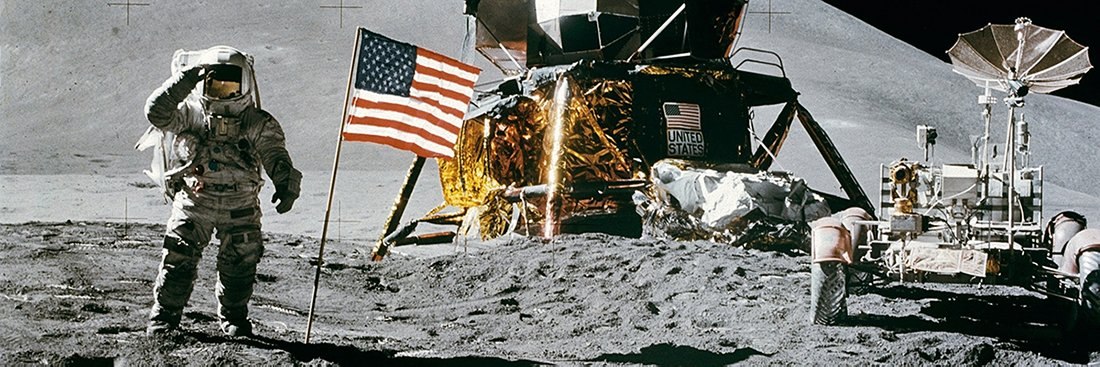Billionaires are racing to land on the moon this summer, with several space journeys planned around the upcoming anniversary of the Apollo 11 moon on July 20.
Among the more famous aspiring astronauts are Amazon founder Jeff Bezos and Tesla creator Elon Musk. Both men have used their wealth to form private rocket companies that have reignited the modern space race — but data suggests that many Americans have no interest in joining them among the stars.
A YouGov survey asked Americans whether they would want to take a trip to the moon if given the opportunity and a guarantee of safe return. Two in five US adults (42%) say they would not embark on the voyage, while half (50%) would accept.
Americans who were not interested in the trip were asked why they would it turn down, in their own words. The most common answer among this group (20%) was a lack of interest in going to the moon. Other common responses included a rejection of the hypothetical question’s premise that safe return could be guaranteed (9%) or that there is not enough to do or see on the moon (8%).
One in sixteen adults who reject the trip say that they would be too scared (6%), would rather visit other places on Earth (6%), have a fear of flying (6%), or worry about experiencing claustrophobia in the space capsule (6%).
Women (49%) are more likely than men (34%) to reject the moon trip to the Moon, as well as older Americans. About half (54%) of those who are 55 or older would turn down the space adventure, compared to 39% of 35-to-54-year-olds and one-quarter (26%) of those between the ages of 18 to 34.
See the crosstabs from this YouGov poll.
Methodology: 1,312 US adults were surveyed in this YouGov RealTime survey between May 7-10, 2021. Panelists were asked “For the following question, please imagine that you had the opportunity to travel to the Moon, and that your safe return to Earth could be guaranteed. Would you want to go to the Moon?” Response options: “Yes, I would,” “No, I would not,” and “Don’t know.” Those who responded “No, I would not” were asked to explain why not in their own words. Those responses were then categorized. The survey was carried out online. The figures have been weighted and are representative of all US adults (aged 18+).
Image: Pexels

















